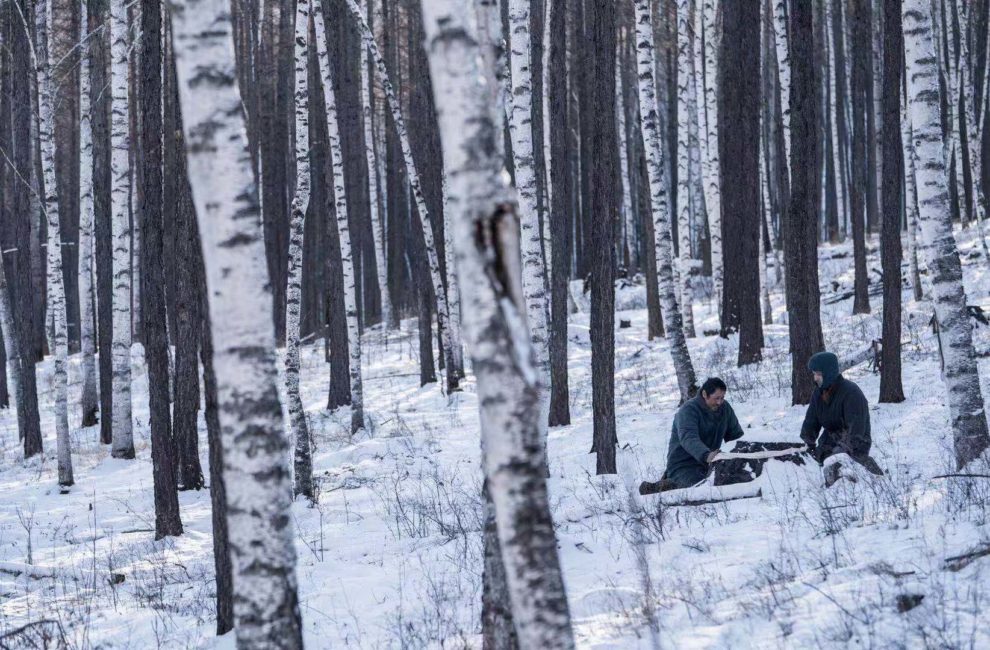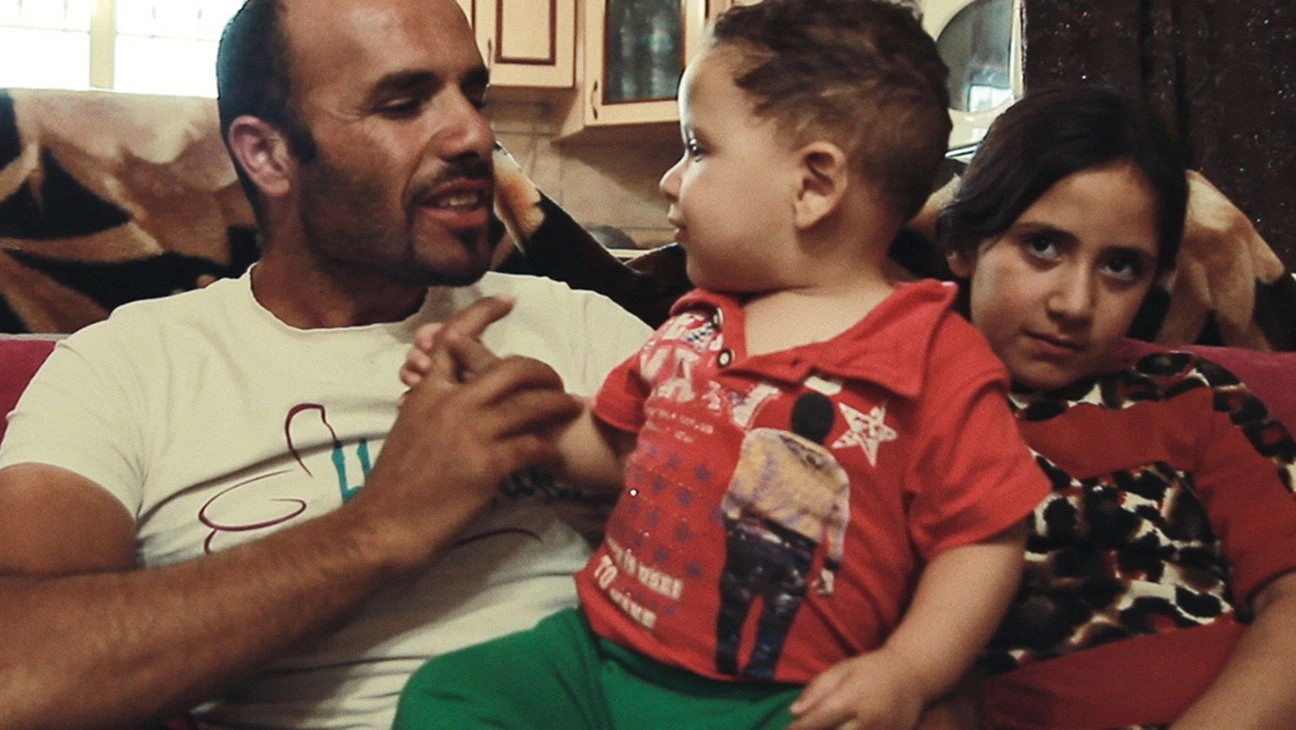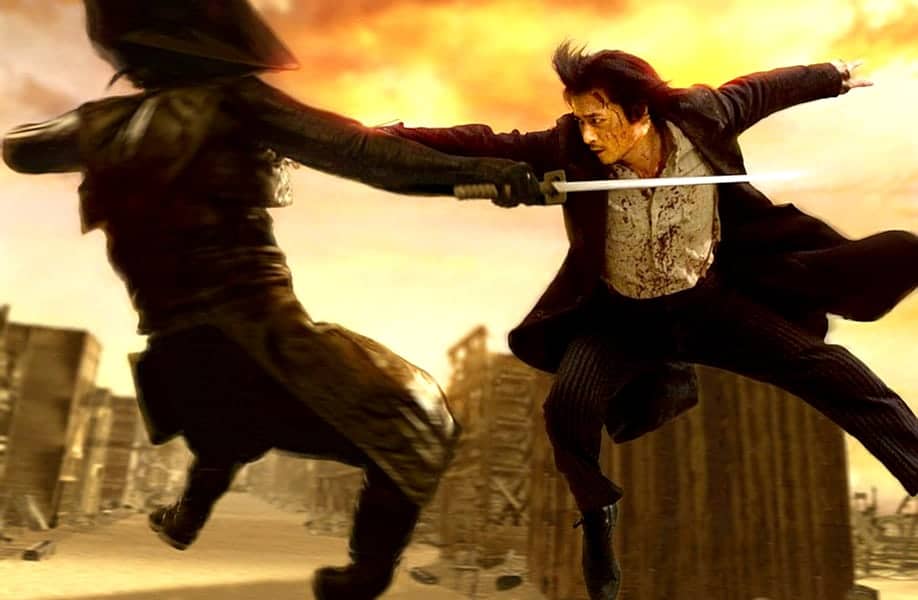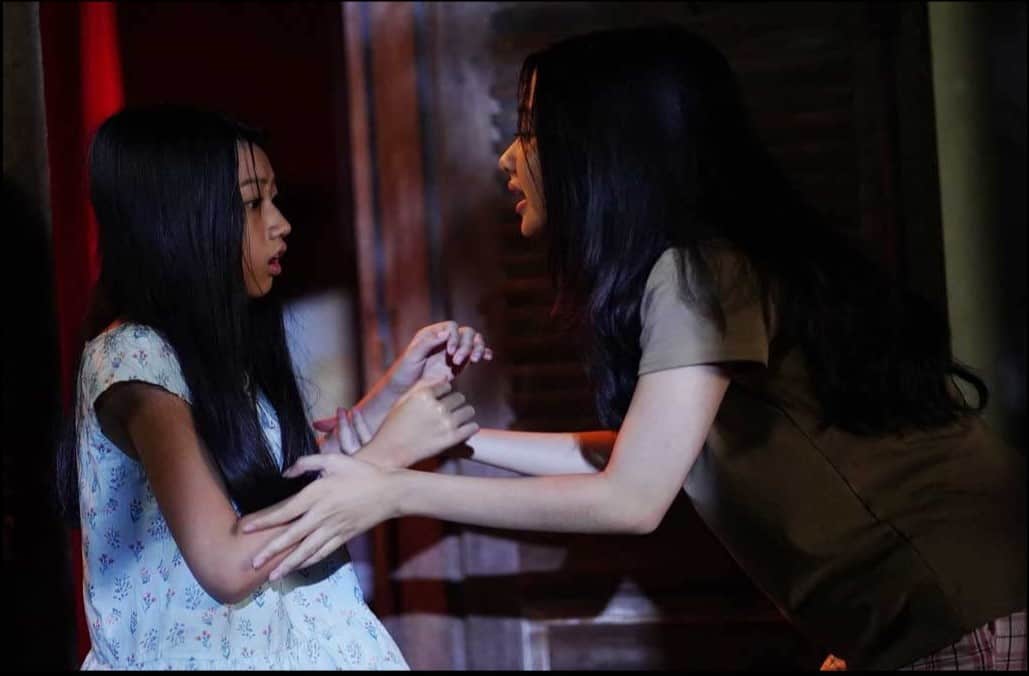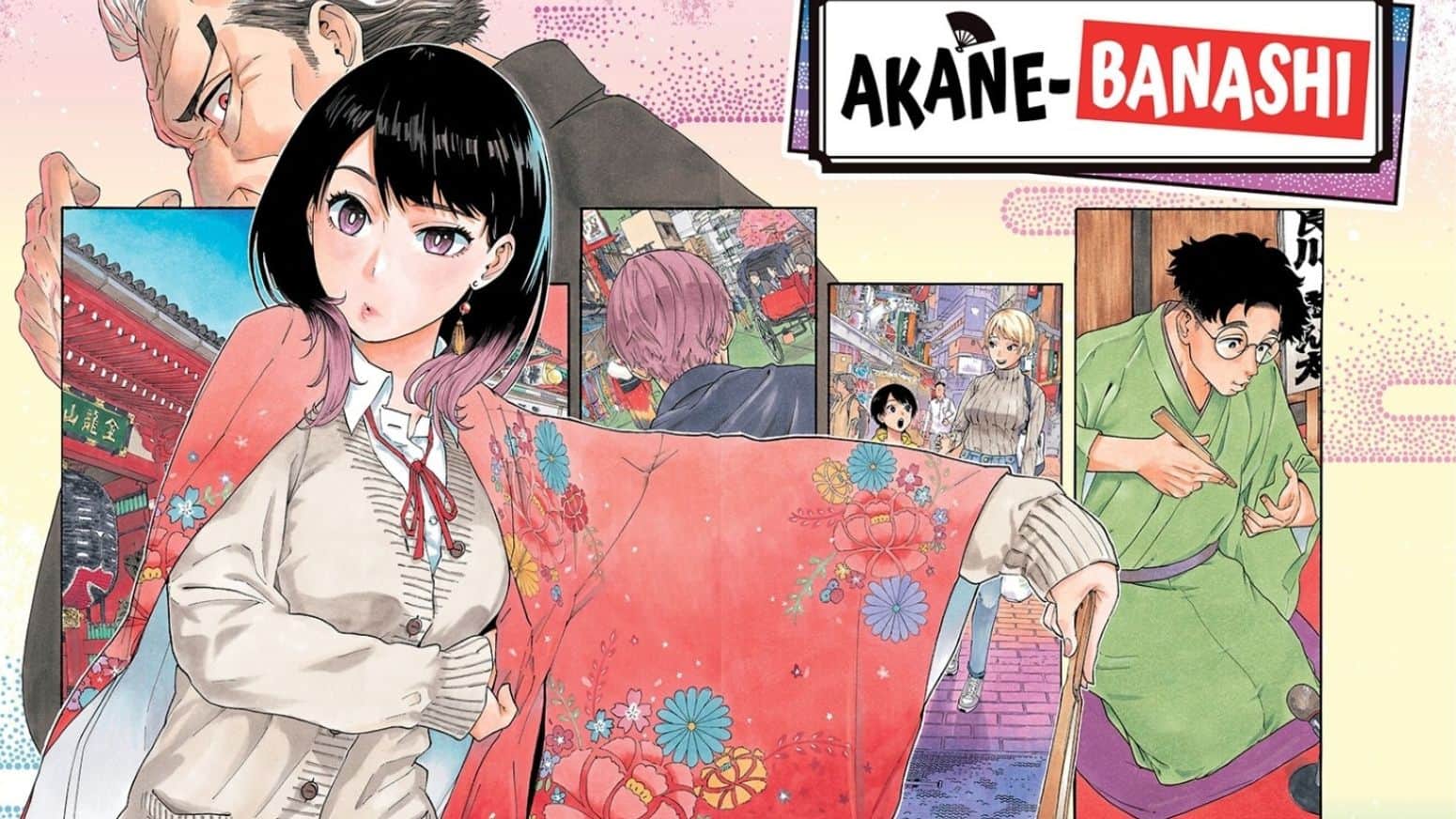Although contemplative in spirit, “Anima” (Mo Er Dao Ga, a recent acquisition of Fortissimo Films) gives this sense of urgency that comes with the awareness of how inevitable and grave are the implications of its matter. The action may be set in the 80s, but the environmental issues the movie addresses grow bigger by the day in the contemporary world. And Cao Jinling makes our relationship with nature the focal point of her impressive debut. With an academic background in literature and a previous experience in scriptwriting, the director envisions this relevant subject through immensely symbolic reflection. Thus, it is not a documentary-like tale, but a story with a heart and soul, in which the “deforestation process” isn't just a clinical fact, but something indissolubly bound with the lives and fates of certain people.
Anima is available from Fortissimo Films
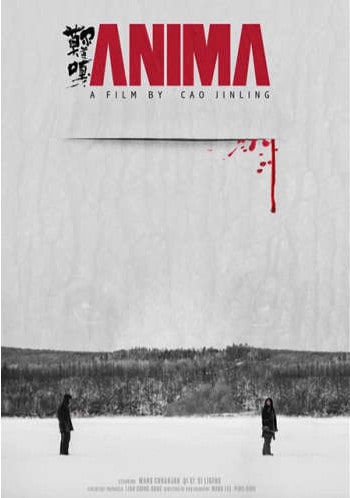
The tale is set in the 80's, when China initiated its economic development programs resulting in grievous logging, especially in the northern and western parts of the country. In secluded wilds, on the fringe of inhabited areas, a harvesting team resides. To earn their living, they destroy the majestic beauty of woodlands. Exploitation becomes more and more aggressive—targeted on profit, not sustainability. Apart from government-appointed loggings, there's also a grey area. We get to observe the ailments of economic growth on various levels. First of them is how development leads to imbalanced use of natural resources. And the other is the disruption that progress brings into traditional ways of life. Some loggers are of Ewenki descent. For their people, nature is a sacred gift, which you ought to use wisely and with respect, but they have long forgotten the essence of this mystical connection. Life is tough in the wilds, especially in winter, amidst deep snows and biting frost. And traditional ways, like herding deer, no longer allow to make ends meet.
Linzi and Tutu are two brothers from the team, unpopular among others who see them as “weirdos”. There's a shadow over their family past. When Linzi and Tutu were children, an accident happened on a hunting trip. The younger boy, Linzi, fell into a bear's cave. Tutu shot the animal to save his little brother, but the ending was far from happy. Killing the bear is taboo for Ewenkis. The incident and a sense of doom it evoked shaped the brothers' characters. Linzi is the fragile one, while Tutu impersonates male domination and aggression. Tutu seems to have lost his connection to his cultural roots and nature, while Linzi still bears his ancestor's faith in spirits and old customs deep in his soul. For him the forest is sacred, and he wants to protect the oldest part of it, which he considers its heart. The brothers' rivalry also revolves around a woman—a young window from the forest.
She is an interesting character, a fearless huntress standing out in the partiarchal world. All the loggers appear weak (despite their macho behavior) and driven by their instincts, while she acts wise and is capable of taking care of herself in harsh conditions. Becoming a wife and a mother doesn't deprive her of those traits, which clash with the traditional image of a silent and obedient wife. Inevitably, human natures will clash… and the further exploitation of the forest will lead to dramatic events.
The 120-minute story, filmed in a stunning location of Moerdaoga National Forest Park in Inner Mongolia, the largest virgin forest in China, shows human ties to nature as something spiritual, even sacred. It is a primal bond, an exchange of energy flowing through plants, creatures, and soil. Following the rhythm of nature brings harmony… while neglecting and disrespecting it brings grave dangers. Nature seems a living mystical force, both caring and able to defend itself. In a glorious scene, a boy clings to the earth mound as if he was hugging it. In the background, we hear drums sounding like a heartbeat. The child is embraced as if in the mother's womb, and he takes consolation and solace from the soil.
“Amima” shows pieces of Ewenkis culture through their traditional songs. The music combined with images is breathtaking and makes the viewer crave to walk in the forest or somewhere else far from urban areas. Mark Lee Ping-bing, who worked on Hou Hsiao-hsien's “The Assassin“, shows numerous scenes of immense beauty through his lens: massive trees filmed from above that make us feel small, snow gilded by the rays of dawn, mists rising in the forest, mysterious greens of the dense forest, and the subtle lights of autumn. It contrasts bitterly with the shabby world of humans, full of envy, aggression, and fear. “Anima” warns us against following the trail of destruction. Will we care to listen?


